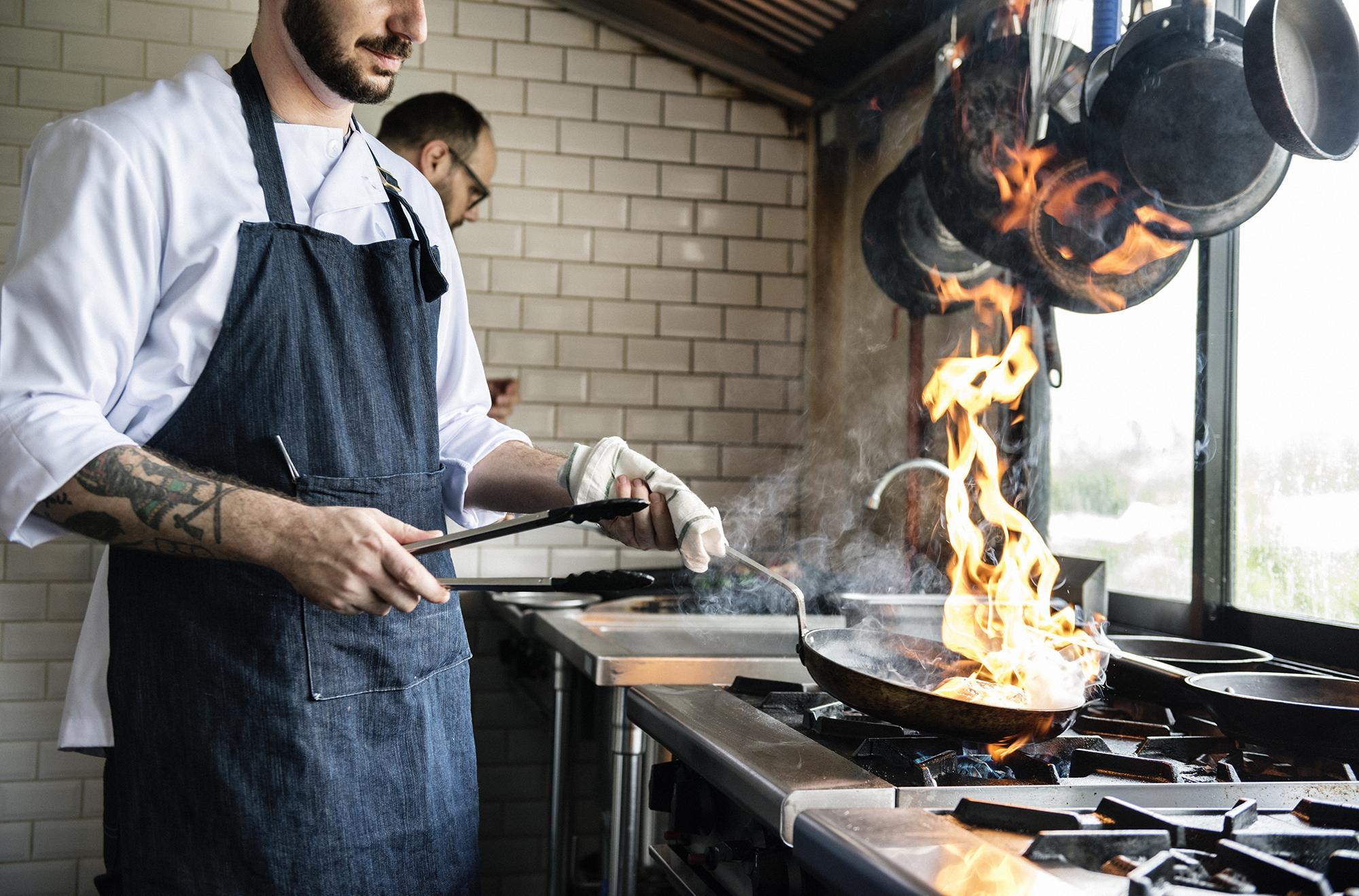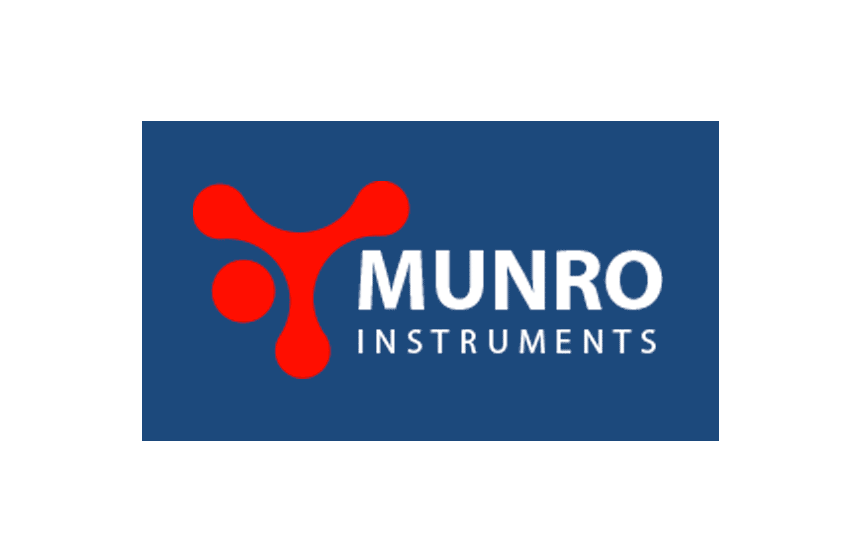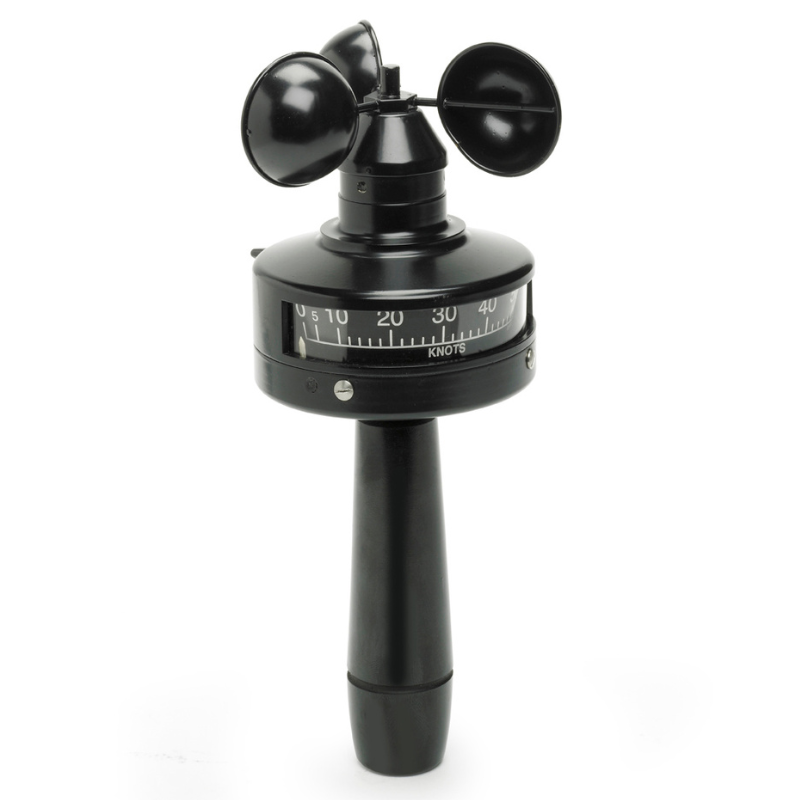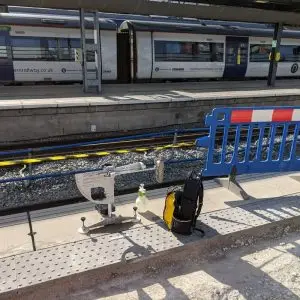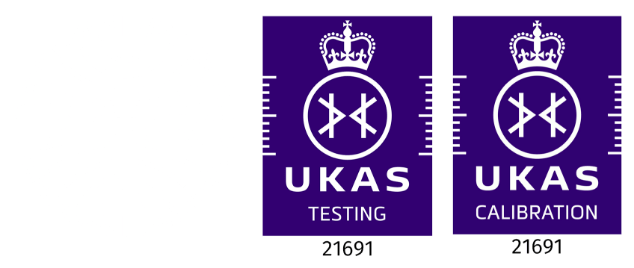Slips and trips are a common cause of injury and fatality in the restaurant industry. These are usually as a result of spillages and poor cleaning practices. Companies are required by law to protect the health and safety of their employees and anyone who may be affected by their work. There are a number of precautionary measures that can be taken to reduce the likelihood of a slip accident taking place.That’s why checking out Slip Risk in Restaurants is so important
It is a commonly thought that covering the affected area with cardboard is sufficient. However, this can create a surfboard motion for anyone who walks over it and may increase the chances of slipping. The best solution is to thoroughly wipe the area with a clean, dry tissue to return it to its original state.
The consequences of not cleaning effectively can be seen in an HSE case study titled ‘Chef slips and suffers severe arm burns from hot oil’. Here it is reported that a chef, while on duty at work, slipped as he walked over a pool of water and burned his outstretched arm in nearby hot oil. HSE had previously warned the company about wet floors and fined them £14,000.
Slip Testing in Restaurants
Another cause of slips which many businesses fail to address is a poorly specified floor. In this scenario, the risk of slipping cannot be easily lowered – even with an effective cleaning regime. It is good practice to assess the slip resistance of a surface at regular intervals. This can be done by using a skid resistance tester, which gives an indication of how slippery a floor is. If the instrument indicates that the surface is slippery, it may be necessary to replace the flooring with a more suitable material or treat it in some way. This does not dispense with the need for good cleaning practice, nor the requirement that employees in high-risk areas wear slip resistant soles and low heels.
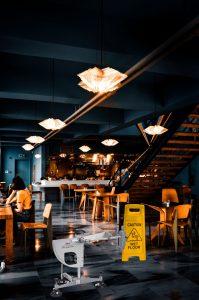
If you would like further information on assessing and managing slip risk in restaurants, please get in touch via email (info@munroinstruments.com) or by phone (+44 (0) 20 8551 7000).

